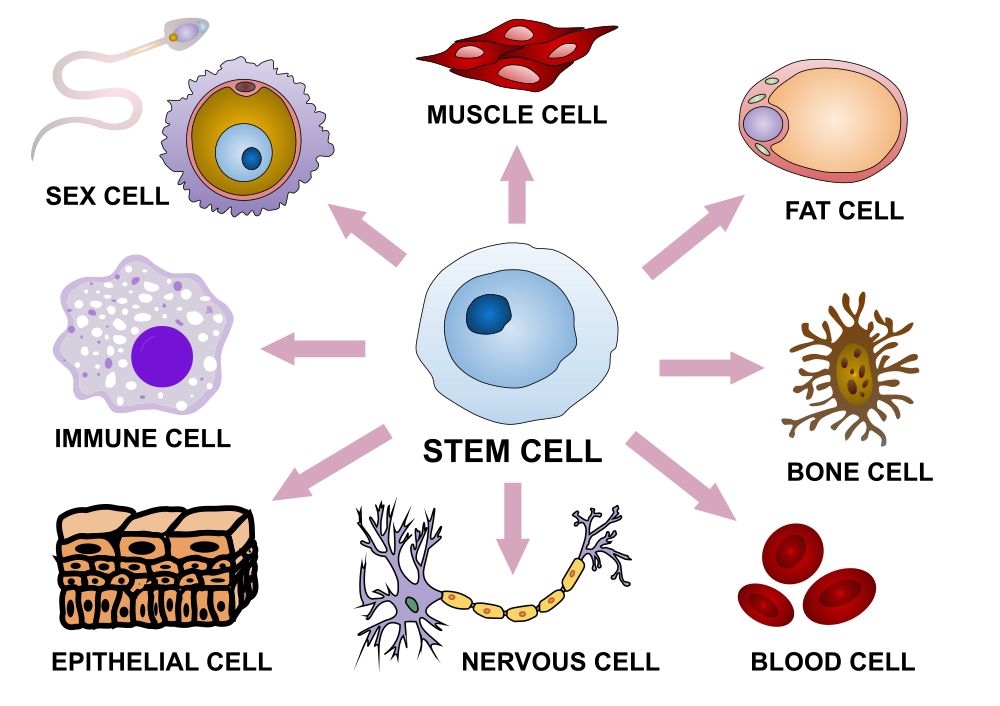Hi, my name is Michael and I’m a workaholic…LoL
I really do enjoy working 7 days a week, however, that can get exhausting; not just physically, but also emotionally. So I’ve been trying something a little different. Working 7 days a week, but then taking a 4-day break once a month. I may eventually try to focus my work attention a little more to get to the point where I can do that twice a month. Work 10 days on and then 4 days off.
This time around; on this 4-day break, I decided to fast. Just water for 72 hours. Woooooof. Knocked me the hell out. But now that I am 64 hours into it I am feeling much better and well cleansed. My skin looks wonderful and what little inflammation I had has reset back to what it should be.
I may even consider doing this once a month. Ironically if I did it would save me at least 10% on my monthly food bill. Not a bad savings in times like this. And as a benefit, it is well known in the scientific and medical community/literature that a 72-hour fast or prolonged fasting can lead to regeneration of the cells of your immune system. Imagine; resetting your immune system so that it can fight a better fight leading to better health and ultimately greater longevity.
I decided on 72 hours because I’ve gone much longer before. That and I had 4 days off to deal with the yucky feelings. My understanding is that those yucky feelings(keto flu) are a result of the body catabolizing its own, what we call stored fats. I imagine this is where the body stores a lot of the toxins that it can’t process now for processing later should we choose to do something beneficial like fasting. Which likely would have been a default thing that we have lost in time because of this world of plenty we have been enjoying for decades.
So I imagine the reason we begin feeling better after a few days is that our body has had a chance to clear out the toxins that were stored up for later processing which is accomplished through the act of fasting.
P.S. I’ve been doing a 12/12 feeding schedule for quite some time now. That seems to offer the best benefits overall. Metabolic and other health concerns arise when going above or below the 12-hour feeding window.
I know I’ve spoken to you guys a lot about eating certain ways and how important it is, but I really want you guys to know that longevity of years is and should be the ultimate goal. But even more with a body that looks and feels no more than 24.
We’ve been given by right of birth a gift of a potential 120 years of time that we are miserably failing to attain, and why anyone wouldn’t want to live to 120 years or more is beyond me. Especially if we could do it with a body that is functionally 24 years of age.
I do want to and plan to live to 120. I do realize that I am likely going to have to bury a lot of people I love that don’t want to live a lifestyle that lends towards that end, but I, at this point, cannot see it any other way. I want to fully appreciate the gift we have all been given. Why shouldn’t we?
I am going to try. Why not try it with me?

